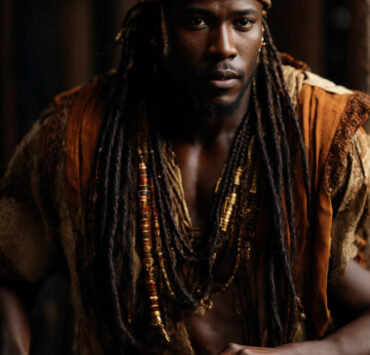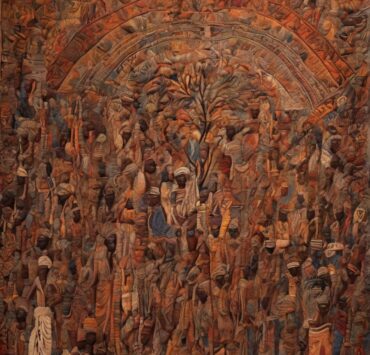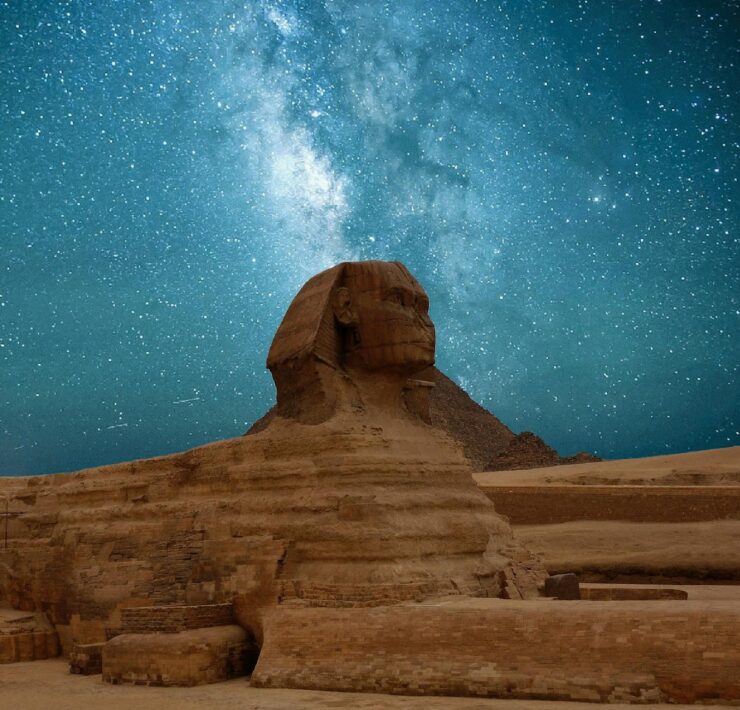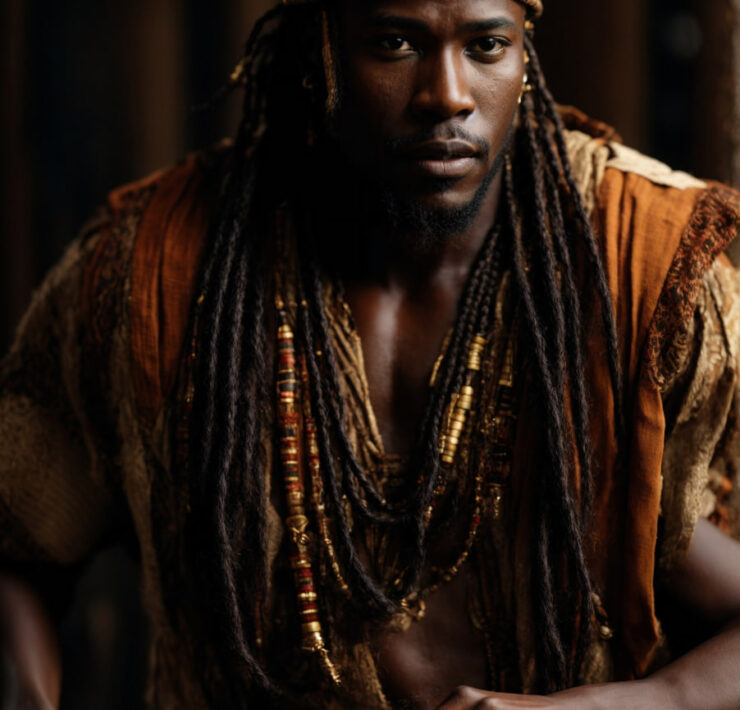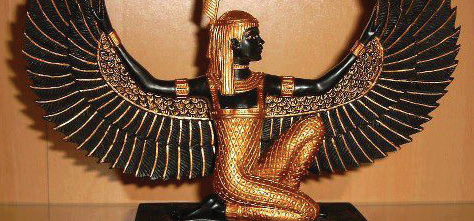The Seven Virtues
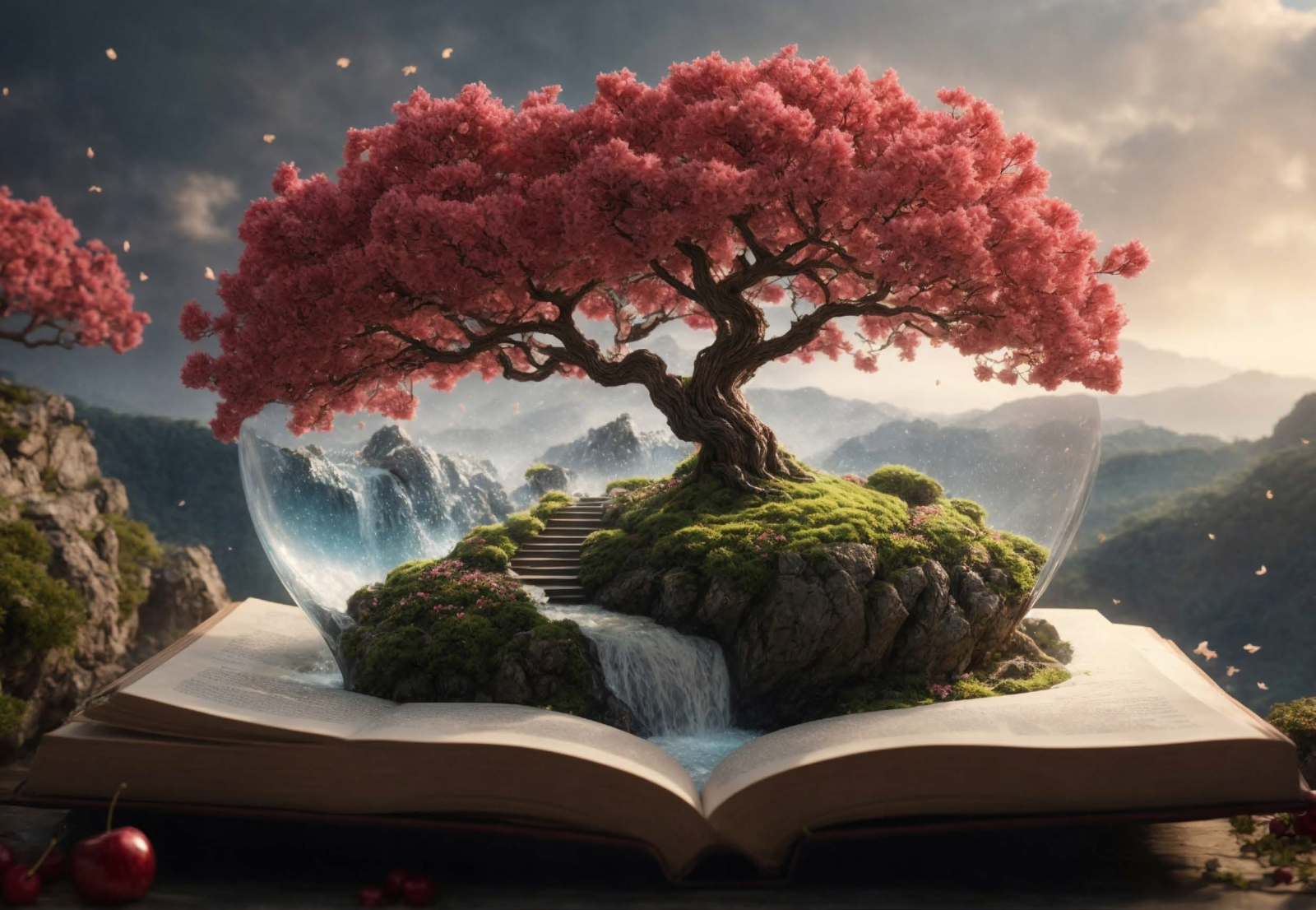
Abel Merawi is from Addis Ababa. He is an English…
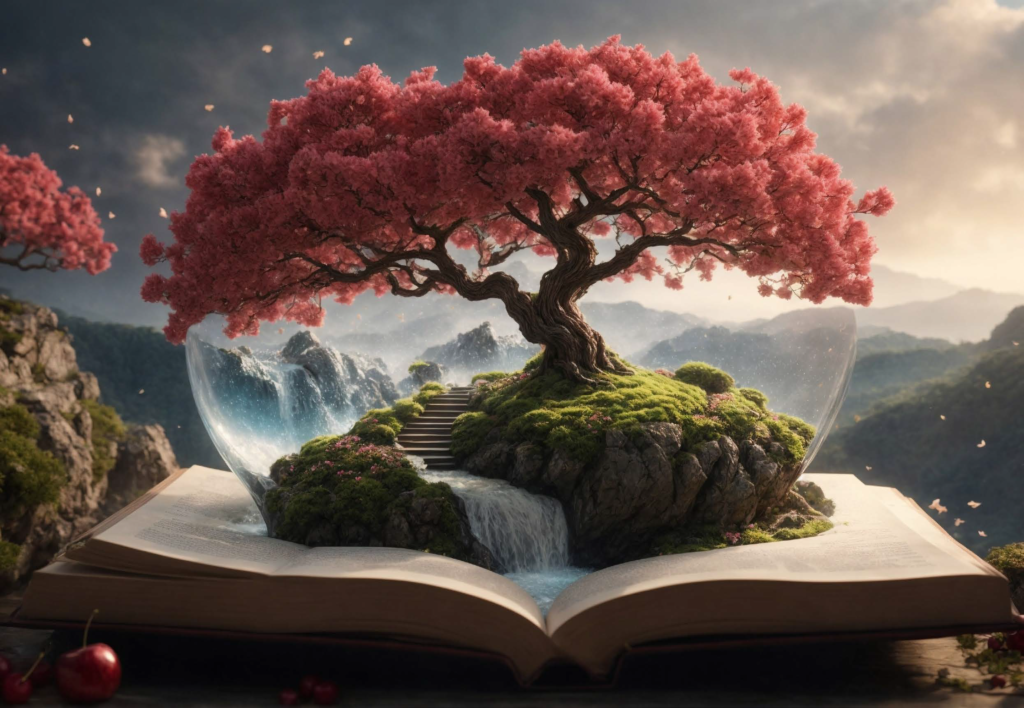
The German Philosopher, F. Nietzsche wrote, “Man is a bridge between the superman and the beast.” It is through moderation than we can reach the balance to tame the beast. Just as there are the seven sins we should avoid, there are also the seven virtues we should practice. The Seven Virtues are: prudence, justice, temperance, courage (fortitude), faith, hope and charity. They are deemed to exalt a person and portray as a paragon of human beings. From the Oriental teachings we see that true nobility lies in being superior to the self than to others. These virtues teach us to bring out the best in ourselves and control our urges with rationality. Let us now deal with each virtuous act separately and identify the fruits we may reap from practicing them.
One of these virtues is prudence. It can be defined as an act or thought pursued with care for the future, making a person cautious or foresighted. Any endeavor is weighed with its consequence for the future. The climate change we face presently shows our lack of prudence. Prudence manifests an insight that is not limited to the present but one that extends onto the future. Unless we wish to obliterate human existence, such care is vital for the next generation. Even if we don’t care about the next generation, we surely must realize such a future might become a reality tomorrow, when we are still alive. So, if we have anyone we care about, including ourselves, we should practice prudence.
Justice is the second virtue we have to examine. I will do my best to define justice by relying on the works of the great philosopher, Plato in ‘The Republic’, and John Rawls in ‘Justice as fairness.’ They consider justice as taking one’s share by leaving enough to others and without harming the interest of others. Therefore, justice teaches us the value of knowing our fair share and limit. It is in conflict with greed. As far as my knowledge extends, every religion has one doctrine at heart – to do onto others as we want them do onto us. It is necessary to see others in the same way we see ourselves. We must realize every human being has an equal right to existence and pursue and satisfy natural or man-made ambitions. We are bound to cross lanes in this adventure, so all will be well when it is done with a sense of justice.
Next on the list, we find the virtue of temperance. This can be defined as self-restraint or sobriety, or moderation in our ambitions. This is not to be contradicted with complete deprivation or detachment from our desires. It teaches one to value limit. Complete indulgence gives birth to blind urges, which leads to destruction of others and the self in the process. It is for this sole reason that temperance or moderation is a virtue.
Having the above values does not suffice to create the virtuous human being. The next quality required is courage or fortitude. The courageous is the one who manages to suppress fear and stand tall in the face of calamities. I suspect that courage might be confused with rage or blind bravado. Fortitude is more calmed, strategic and verily rational. As the saying goes, ‘Life is for the living.’ A worthy life can only be managed not when we succumb to obstacles but when we have the courage to live in solitude, if everyone is swallowed by madness. It is the courage to protect oneself and one’s values when external and internal situations attempt to snatch it away.
Faith is what we find next on the order of virtues. The renowned African American poet and playwright, Maya Angelou depicts faith as ‘evidence to things we cannot see.’ This may seem contradictory for the other virtues can be achieved rationally, unlike faith which transcends logic. Human intelligence is still in infancy, may even remain stationary, which makes it almost impossible to comprehend life as a whole. We cannot find a rational answer to every circumstance in life or even for the reason of our inception and existence. The rational mind can spin out of equilibrium while trying to rationalize every aspects of life. This is why we need faith. It delivers us from confusion and uncertainty; in order to have the courage to pursue even our best laid plans. As we can see from Chaos Theory, we can never predict every possibility of encountering unforeseen circumstance. This can cripple us to the point of finding it impossible to get up from bed and take the first step. Through faith we will be able to take risk, learn and take responsibility no matter what the outcome. So it is a virtue to have faith and realize our dreams.
Hope is the other virtue, which is inseparable with faith. Hope is a prospect of betterment exhibited in the one who has faith in life. All of us have some pain or discomfort we wish to get rid of in the future. Most philosophers like Nietzsche and other existentialists discourse on the value of overcoming stating that our current position in life is not permanent, it is prone to change. We are not an object destined with a certain reality; we are human being filled with potentials to be realized. The recognition of this human nature ignites the fire of hope. The despairing one who awaits the shadow of death to envelop existence is not worthy of recognition. Hope is crucial for posterity and continuation of our life – a virtue indeed!
The final virtue we are left with is charity. The acclaimed psychologist, Abraham Maslow in the hierarchy of human needs and development places self-realization as the highest stage characterized by benevolence towards others and a greater cause. It is not odd to see the affluent giving away their possession to charity. I doubt if there is a better source of serenity than realizing that you have reached a stage in your life to bring happiness to others and make the world a better place. Some try to delay charity by attaching it to material richness. I think this is a wrong assumption. Charity is not bound by poverty, race, religion or any other stereotype. We should have humanity to see ourselves in the face of any human beings; embrace all with a heart of gold. I heard once from the words of an Auschwitz holocaust survival – everyone has the power to bring light or happiness to others no matter how small. So I think charity can simply be a gesture that shows compassion and pity towards others. Numerous are those who try to find a fraction of solace, and charity is needed. Thus, it is a real virtue to be charitable.
Being conscious of all the aforementioned points, though I fear it is not elaborate enough, we should aspire to make the Seven Virtues part of our existence. Once again, I say being virtuous is not just for eternal life but also for realizing a heaven on earth.
Now we have reached the point where we have to examine the current state of affairs, specifically to scrutinize how these sins and virtues are deemed by the populous. I feel as though a drastic alteration has seized our mind to the point of utterly reversing our values. Virtue is on exile and an evil tyrant has reigned. We have managed to change the connotation of our words.
The virtuous has become synonymous with the foolish, while the immoral has become equivalent to the creative and agile. We cannot have a bright future individually and societally if we go along this road. Generations to come will not even have memory of virtue unless as our social narratives are composed of praises to evil. The U.S. diplomat and scholar, George F. Kennan (1904 – 2005) in his work, Russia and the West under Lenin and Stalin wrote, “If we are to regard ourselves as a grown-up nation…we must, as the Biblical phrase goes, put away childish things…self-idealization and the search for absolutes in world affairs: absolute security, absolute amity, absolute harmony.”
We must rationally question everything and predict the future awaiting us. It is only then that we can realize the necessity of the Seven Virtues to our solitary and collective existence. I will take my departure with the words of the Chinese writer and poet Han Yu (768 – 824), “The seven constituents of emotional make-up are: joy, anger, sorrow, fear, love, hatred, and desire. A man of superior emotional make-up will display these emotions in a balanced manner.”
What's Your Reaction?
Abel Merawi is from Addis Ababa. He is an English literature teacher, freelance writer/reporter for Ezega.com and an Amharic-English translator and editor. He also writes for www.msingiafrikamagazine.com. You can reach him via: abelmerawi4@gmail.com









